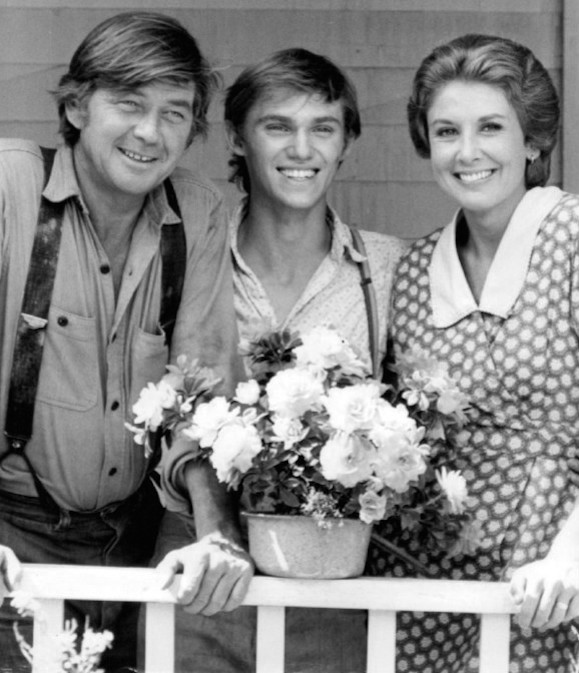Lesson for Jews, from ‘The Waltons’
The passing of a television writer is not the sort of event that usually raises questions about the future of American society. But the recent death of Earl Hamner, Jr., creator of the 1970s series “The Waltons,” coming as it does in the midst of an exceptionally tumultuous political season, invites fresh consideration of the state of the country—and its implications for American Jewry.
“The Waltons,” which debuted on CBS in 1972, was an hour-long drama that followed the lives of a family in rural West Virginia during the Great Depression. Based on Hamner’s own childhood, “The Waltons” highlighted values such as hard work, religious faith, modesty, and the importance of family togetherness.
Throughout its nine years, “The Waltons” was one of the most popular shows on television. It’s not unreasonable to conclude that the values which it promoted values were held in high esteem by most Americans in the 1970s.
When “The Waltons” was cancelled in 1981, Hamner began writing a new series for CBS, called “Falcon Crest.” One might say that it was the moral opposite of “The Waltons.” Set in contemporary times, “Falcon Crest” featured corrupt family members battling each other for control of a winery in northern California’s Napa Valley. Greed, cruelty, deceit, backstabbing, and marital infidelity were among its major themes. Like “The Waltons,” “Falcon Crest” lasted for nine years.
Of course, television shows rise and fall for all sorts of reasons, but with the benefit of hindsight, one can see Hamner’s two shows as indications of a certain transition in American culture. The wholesome Waltons family appealed to a generation that revered old-time values. The fact that “The Waltons” was supplanted by “Falcon Crest” (and similar shows, such as “Dallas” and “Dynasty”) were symbols of the erosion of traditional values and an increasing coarseness in American society.

 52.0°,
Overcast
52.0°,
Overcast 




